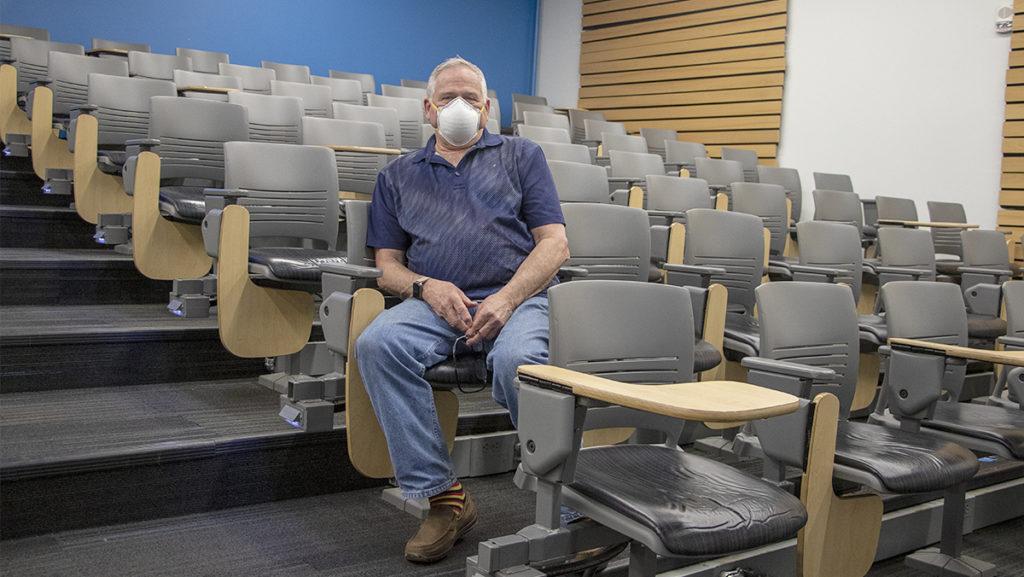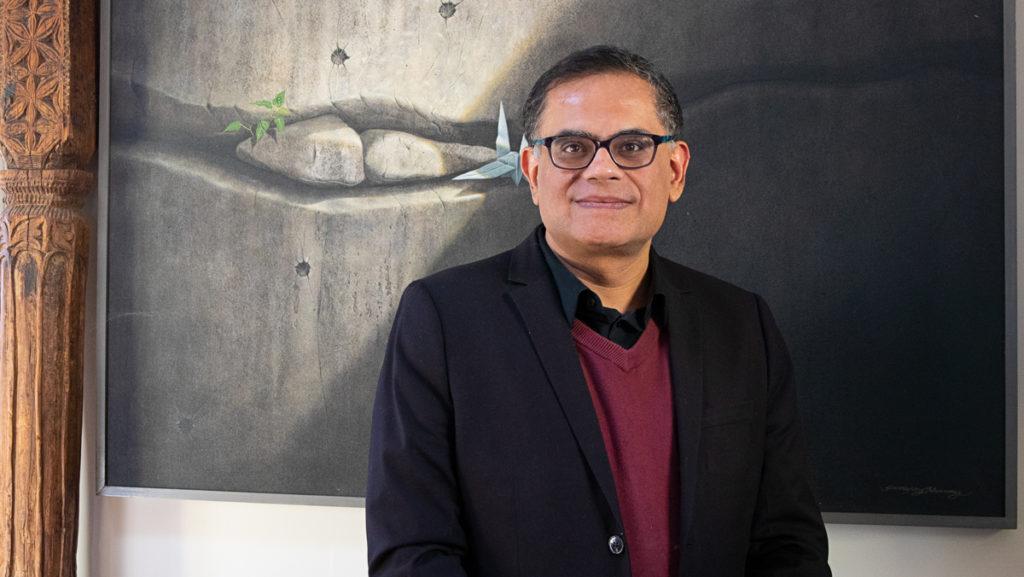We are writing to make the Ithaca College campus community aware that faculty cuts will most definitely end up being much larger than the 130 FTE [full-time equivalent] positions cited, as contingent faculty have been and continue to be “nonrenewed,” with little warning and zero severance, in apparent connection to the Academic Prioritization Process (APP). These “nonrenewals” are never counted as layoffs by the college, regardless of a contingent faculty member’s length of continuous service, which in many cases is well over a decade.
At least 18 contingent faculty members, that we know of, have already been unexpectedly fired or had their courses drastically reduced for Spring 2021. The reason for at least some of these cuts appears to be APP program reduction decisions that administrators assure us have not been made yet.
A bit of background: Contingent faculty are the most exploited and vulnerable faculty at IC. We have little to no job security; what little security we have was won by our union through great struggle with the previous administration. The majority of us are hired on a part-time basis without benefits and paid far less per course than our tenure-track colleagues for teaching the same courses. Nationwide, women and African-American, Hispanic and Native American faculty are far more likely to be contingent than tenured faculty.
At IC, many contingent faculty are freshman student engagement and retention specialists. We disproportionately teach first- and second-year students in ICC [Integrative Core Curriculum] and introduction to major courses. In Fall 2016 we taught 36% of ICC-Diversity sections and fill a crucial role at the college that upper administrators have thus far failed to recognize. The average tenure of part-time faculty at IC is seven years, with many of us serving this school for decades.
The reason cited for firing some contingent faculty for Spring 2021, as reported by individual faculty members to the union, is a directive to some chairs in [the School of Humanities and Sciences] to cut program offerings for spring, in some cases by up to 20%. Some of the courses already being cut for the spring have regularly filled with waitlists for over a decade.
This raises many questions: Why is IC administration cutting courses taught by adjuncts – i.e. cheap labor – that would otherwise fill to capacity and bring in revenue for the college? Why is the IC administration directing some programs on campus to significantly cut popular course offerings in the middle of the academic year, when no significant enrollment dip from fall to spring has been announced?
Have some decisions about programs in fact already been made, well before the announced APP decision deadlines?
In the event of mass faculty firings, the IC Faculty Handbook dictates an order in which faculty are to be fired, with those at the bottom of the academic hierarchy — the most vulnerable faculty, who cost the college very little — first on the chopping block. La Jerne Cornish, provost and senior vice president for academic affairs, has confirmed that IC will follow the Handbook’s protocol, leaving unanswered faculty questions about how we’ll retain recently hired, and therefore lower on the ladder, BIPOC faculty. The fact that the contingent faculty is already being eviscerated, before the “official” APP cuts are scheduled to begin, raises the possibility that administrators may be clearing the way to fire even more faculty overall than the publicly stated 131 FTE number. Starting some faculty cuts now also casts doubt on admin’s repeated assertions that no decisions about program changes have yet been made.
The only protection faculty at IC have against destructive top-down management decisions is to stand in solidarity with one another regardless of rank and job classification. Faculty provide the actual education that fuels this institution, without which IC would have no purpose or value to our students. If the administration members are indeed interested in being “student-centered,” they should nourish and partner with their faculty, instead of gutting our ranks and excluding us from genuine shared governance.
A process of true shared governance, with faculty partnering in decision-making and students sharing a real voice in the future of our college, is the only way to a stable present and sustainable future. Transparency is step one. To join a growing coalition of students, faculty and staff working together for the health and future of IC, sign our open letter and join us as we respectfully ask upper administration to #OpenTheBooks.



















